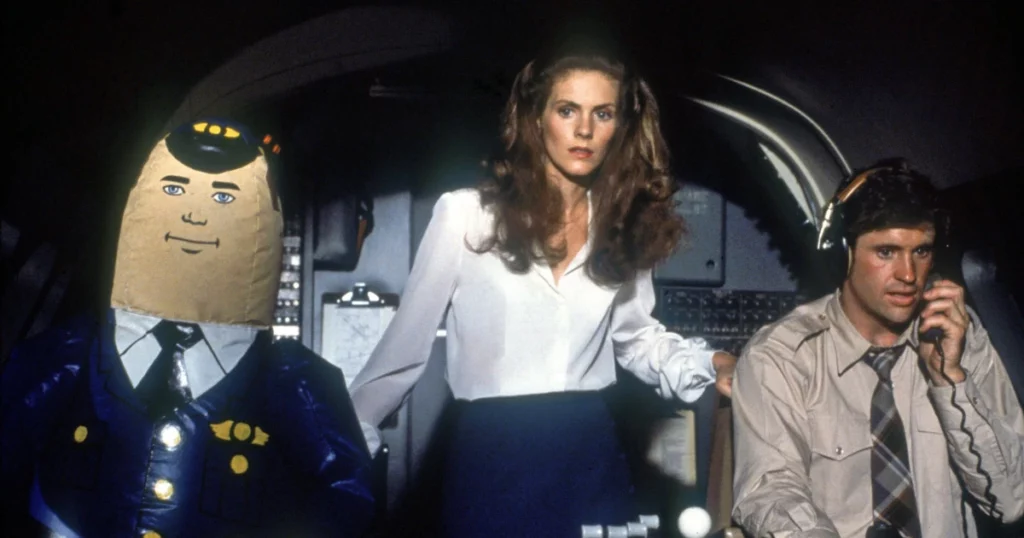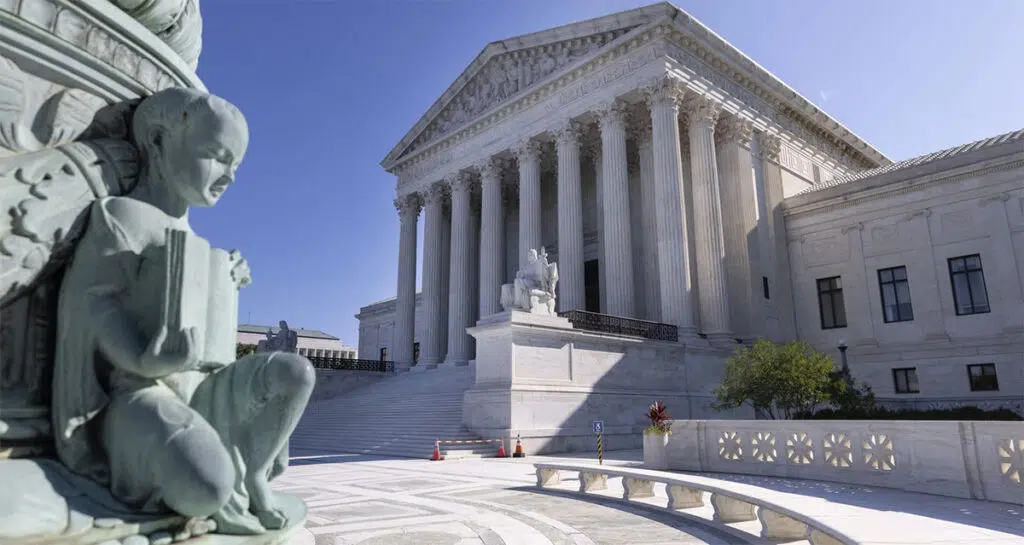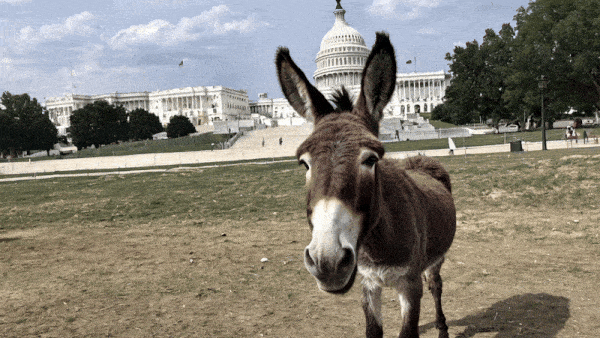
New Trend Could Make Airline Industry a Headache
Our nation’s airline industry may find itself beset with problems.
Too few commercial pilots and aircraft mechanics might enter the profession at a pace to replace attrition and retirements.
This is according to a report that the U.S. Government Accountability Office (GAO) published this month.
Customers’ demands for the airline industry could eventually surpass supply. Passengers would then pay extra money for tickets or suffer delays due to fewer available flights.
RELATED: Joe Biden Narrative on Electric Vehicles Challenged by New Research
“Based on the Federal Aviation Administration’s (FAA) forecasts and pilot certification data, the number of these pilots under the current mandatory retirement age of 65 may increase over the next 20 years,” the GAO said.
“However, the extent to which projected supply would exceed or fall short of industry’s demand for pilots is unknown given uncertainties surrounding future demand. Publicly available data on hiring, employment, and wages indicate strong current demand for pilots. Meeting that demand has been particularly difficult for regional airlines—which generally serve smaller communities—and has, according to them, affected their operations.”
Airlines may not suffer just from a shortage of pilots. The GAO said the number of FAA-certified mechanics might decrease.
“Less is known about how many mechanics enter or exit the aviation industry each year and the extent of demand for aircraft mechanics,” according to the GAO.
“Nevertheless, aviation businesses [that] GAO interviewed reported challenges maintaining sufficient numbers of mechanics.”
There is a way to address these possible work shortages. Airlines and repair stations raised pay for pilots and mechanics substantially. They created more flight schools and try to recruit younger people into aviation careers.
The GAO notified Congressional leaders about the problem in a letter this month. The letter said the airline industry — had it selected different options — could have avoided its current predicament.
“The aviation industry’s response to the COVID-19 pandemic may have exacerbated these concerns, as airlines encouraged workers to retire or voluntarily separate to reduce costs during the industry downturn,” the GAO said to U.S. Sen. Maria Cantwell (D-WA), who chairs the U.S. Senate Committee on Commerce, Science, and Transportation.
IN THE NEWS: Taxpayer-Funded Broadband Uncoordinated, Mismanaged
For this report, members of the GAO said they interviewed several members of the aviation industry. They included, among other groups, representatives from four passenger airlines and three flight schools.
Send story tips and other story suggestions to [email protected]



